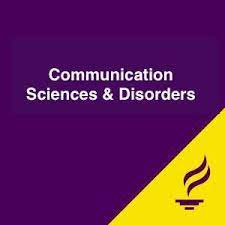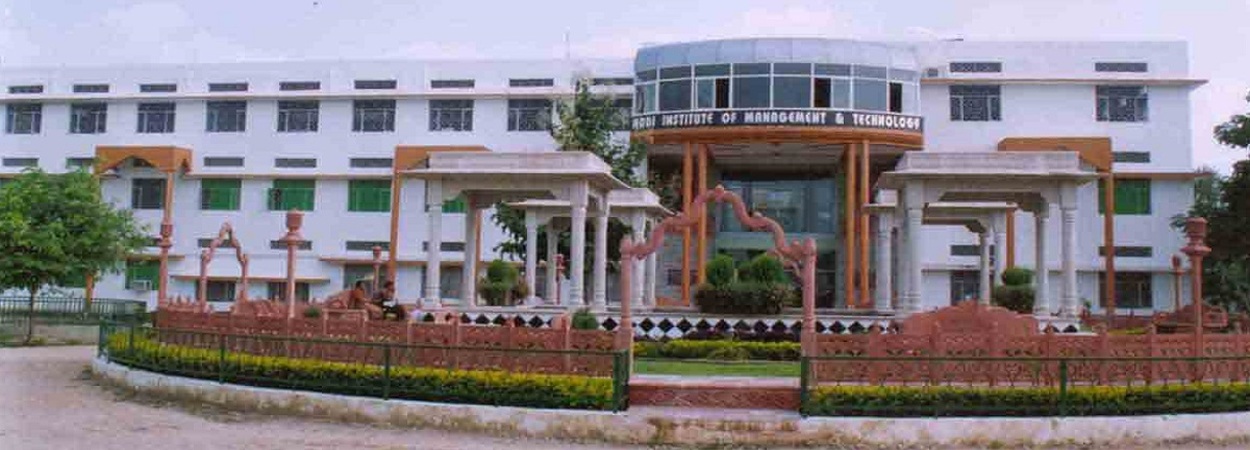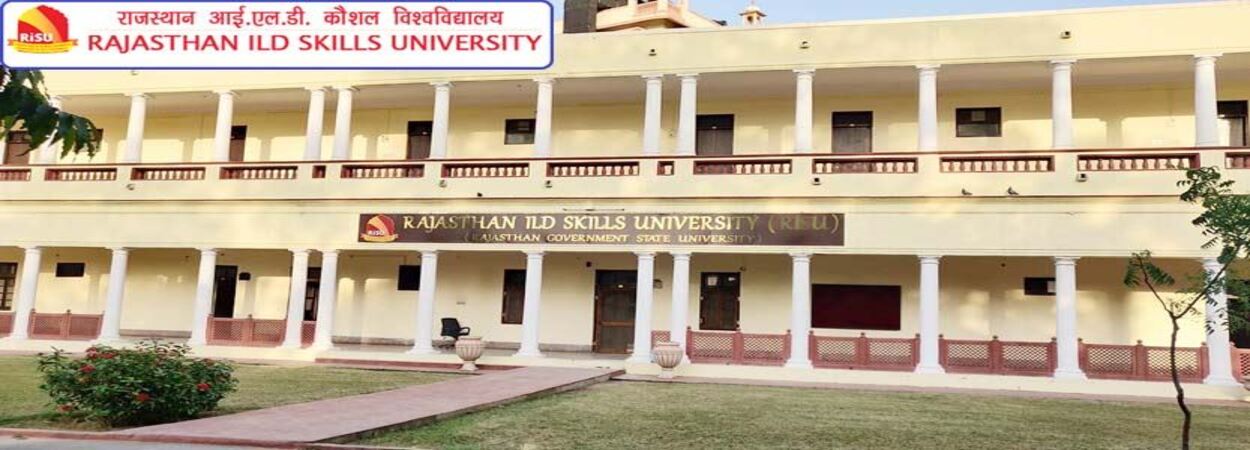Introduction:
The Ph.D. in Communication Sciences and Disorders: Language Acquisition is an interdisciplinary program that delves into the complexities of language learning and communication disorders. It prepares students for a career in research, teaching, and advanced clinical practice, focusing on the acquisition of language from cognitive, neurological, and psychological perspectives.
Admission Process:
- Application Submission: Candidates must submit a comprehensive application, including academic transcripts and a statement of purpose.
- Research Proposal: A proposal outlining potential research interests and questions.
- Interviews: Personal interviews to discuss the applicant’s goals and research interests.
- Letters of Recommendation: Academic and professional recommendations are required.
- Prerequisite Coursework: Completion of relevant coursework may be necessary.
Eligibility:
- Master’s Degree: A master’s degree in a related field is typically required.
- Research Experience: Prior research, especially in language acquisition or related areas.
- Academic Record: A strong academic background with a focus on communication sciences.
- GRE Scores: Some programs may require GRE scores.
- Publications: Previous publications can bolster an application.
Completion Time:
The program can take 4 to 6 years to complete, including coursework, research, and dissertation work.
Career Opportunities:
- University Professor: Teach and conduct research in higher education institutions.
- Clinical Research Director: Oversee research programs in clinical settings.
- Language Development Specialist: Work in schools or clinics focusing on language acquisition.
- Public Policy Advisor: Influence policy related to communication disorders.
- Consultant: Provide expertise to organizations on language acquisition.
Syllabus:
- Theoretical Linguistics: Advanced study of language structure and theory.
- Cognitive Neuroscience: Exploration of the brain mechanisms underlying language.
- Psycholinguistics: Examination of psychological factors in language processing.
- Language Acquisition in Multilingual Contexts: Study of bilingualism and multilingualism.
- Advanced Research Methods: Training in sophisticated research techniques.
Internship Opportunities:
- Research Laboratories: Engage in cutting-edge research projects.
- Clinical Internships: Apply knowledge in real-world clinical settings.
- Teaching Assistantships: Gain experience in academic instruction.
- Community Programs: Work with community organizations on language development projects.
Scholarships and Grants:
- Academic Scholarships: Merit-based awards from universities.
- Research Fellowships: Funding for specific research projects or areas.
- Travel Grants: Support for attending academic conferences.
- Government Scholarships: Awards from government agencies supporting education and research.
FAQs:
What distinguishes the Language Acquisition focus in this Ph.D. program?
It emphasizes interdisciplinary research on how language is learned and processed, combining insights from various fields.
Is a background in Communication Sciences and Disorders necessary?
While beneficial, interdisciplinary backgrounds are also valued, provided they relate to language acquisition.
What kind of dissertation projects are typical in this program?
Projects often involve original research on language development, disorders, or learning processes in different populations.
Are there opportunities for cross-departmental collaboration?
Yes, many programs encourage collaboration across departments like psychology, linguistics, and education.
How does this Ph.D. prepare me for a clinical career?
The program provides a deep understanding of language disorders, which is essential for advanced clinical roles.

















